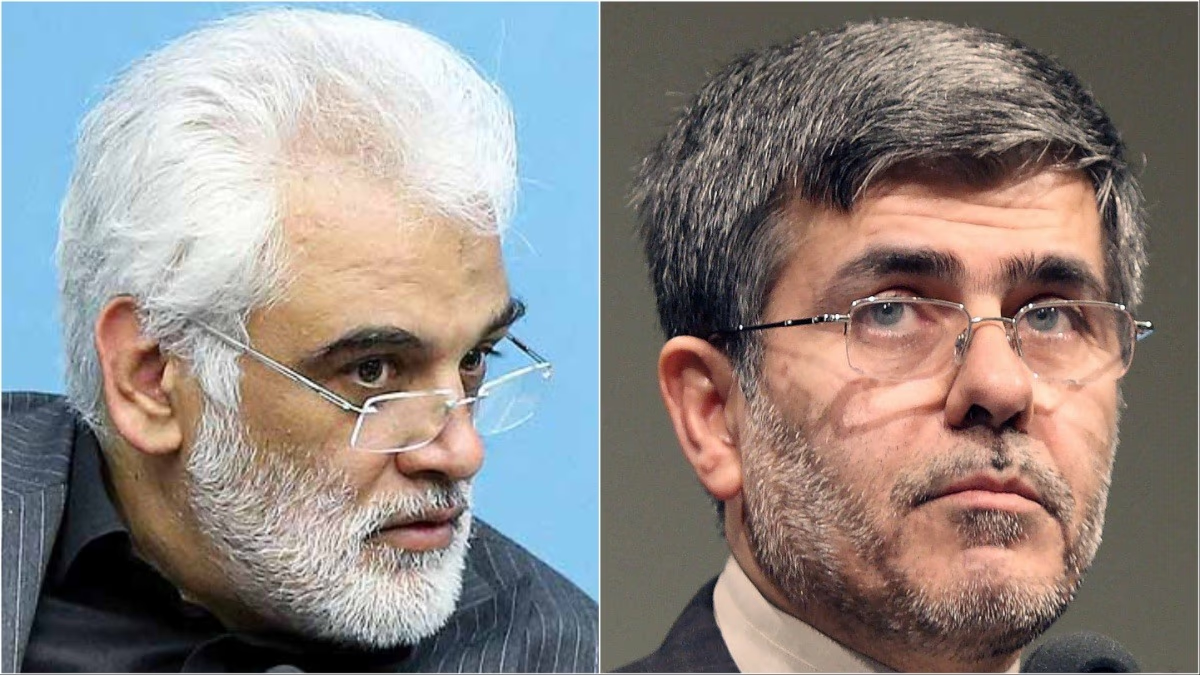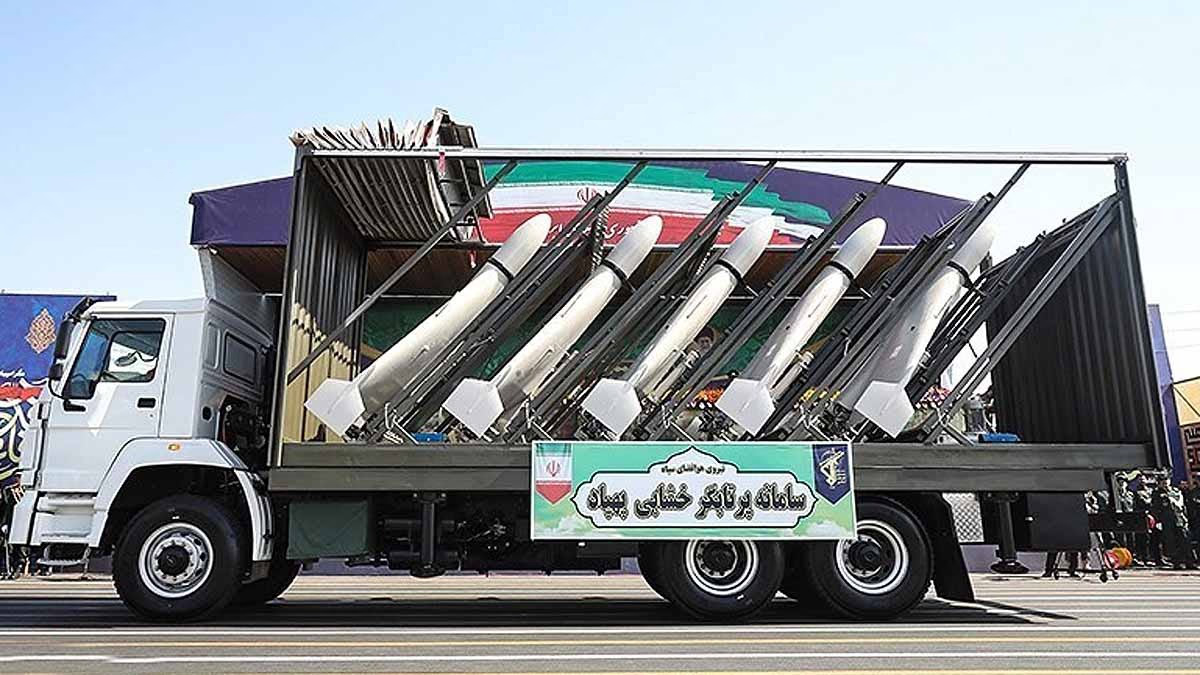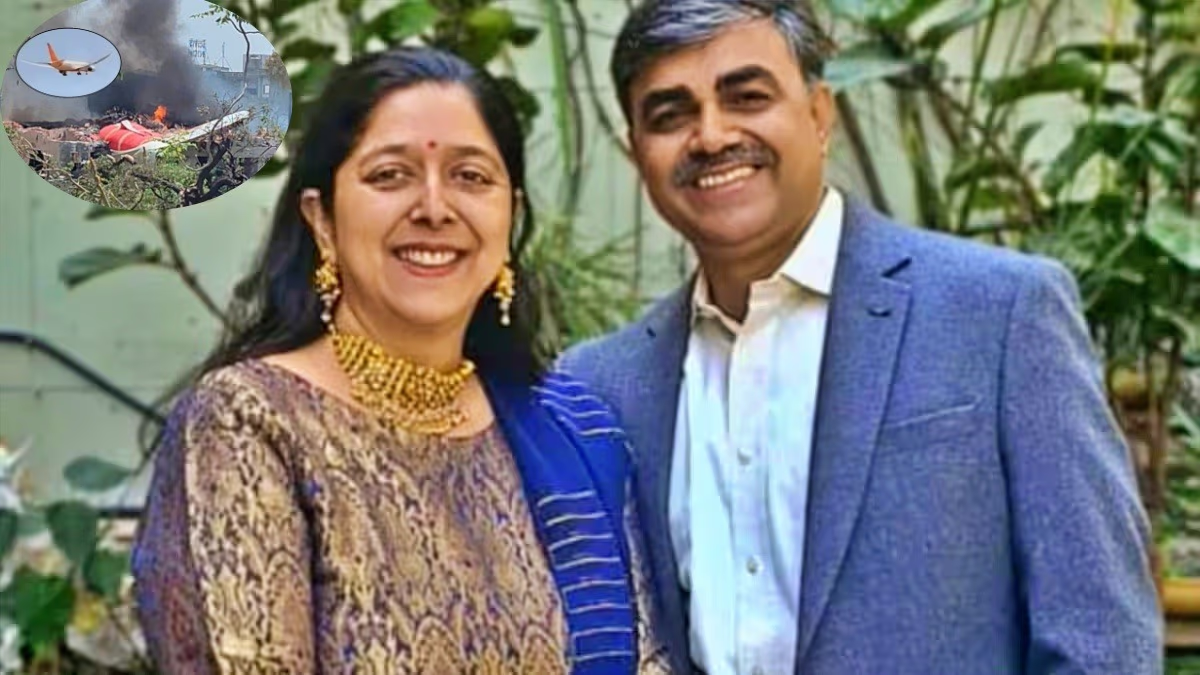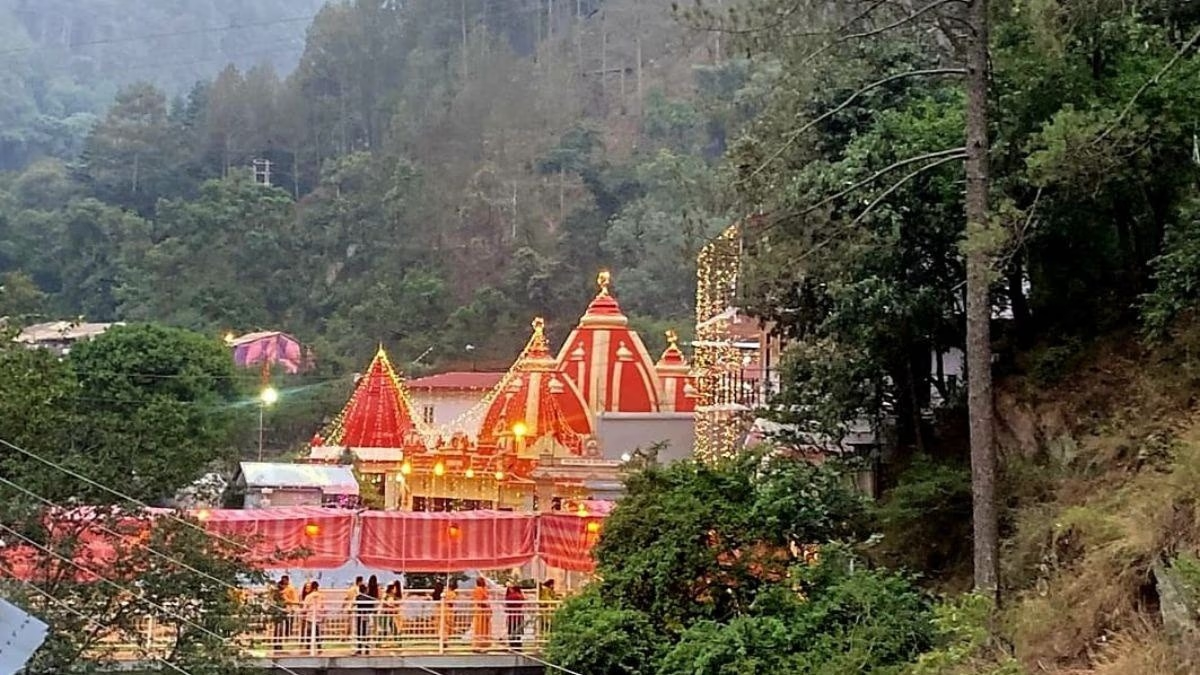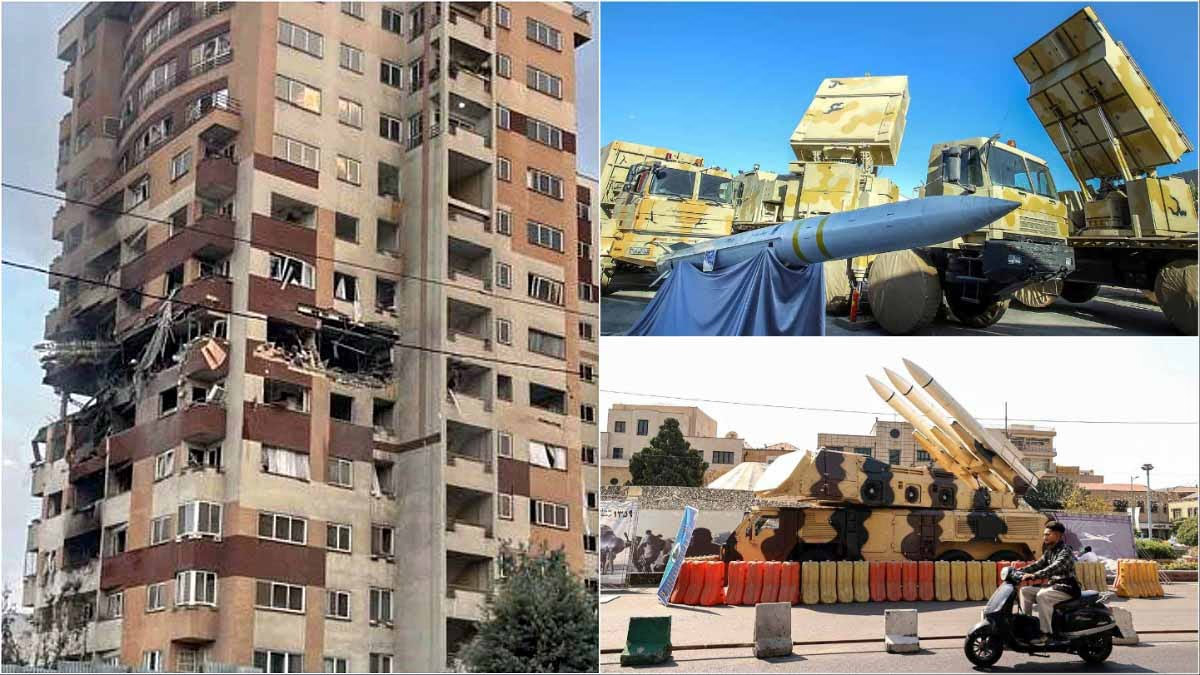In a dramatic and controversial strike, Israel targeted Iran's Natanz nuclear facility and other military sites, resulting in the deaths of at least six prominent nuclear scientists. This attack delivered a significant blow to Iran's nuclear program. Among those who lost their lives were Abdul Hamid Minouhcher, Ahmadreza Zolfaghari, Seyed Amirhossein Feqhi, Motlabizadeh, Mohammad Mehdi Tehranchi, and Fereydoun Abbasi. Let's explore their contributions and impact on Iran's ambitions.
On June 13, 2025, Israel launched attacks on several locations in Natanz and Tehran, focusing on military bases and nuclear facilities. Many senior officials and scientists were killed in this offensive, among them the six nuclear experts. Iran condemned these acts as "terrorism" and has vowed retaliation.
Read More:
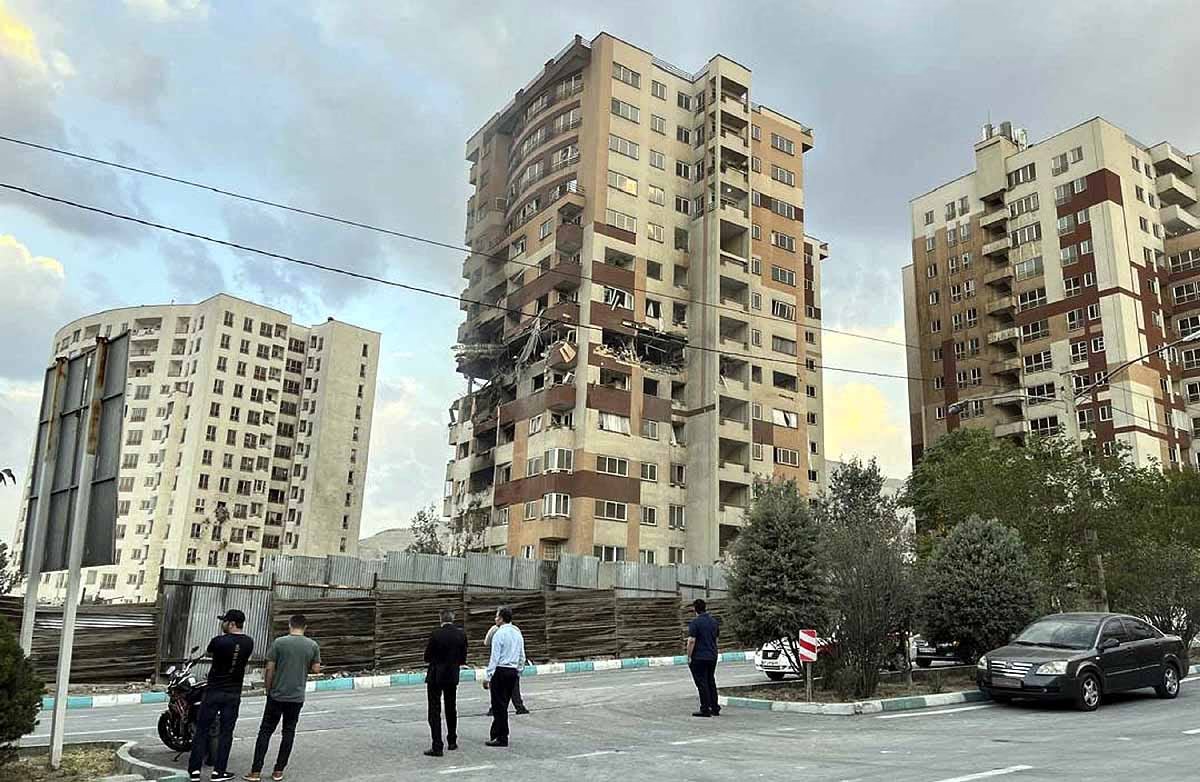
Source: aajtak
The Fallen Iranian Nuclear Experts
1. Abdul Hamid Minouhcher (Abdolhamid Minouchehr)
Role: A distinguished professor of nuclear physics at Shahid Beheshti University in Tehran, Minouhcher specialized in uranium enrichment. He significantly contributed to the advancement of centrifuge technology at the Natanz plant.
Importance: His research aided Iran in enriching uranium to 20% purity, crucial for nuclear power generation and potential weaponry.
Specialty: Expertise in reactor design and nuclear fuel production distinguished his career.
2. Ahmadreza Zolfaghari
Role: Zolfaghari served as a professor of nuclear engineering at Shahid Beheshti University and worked on maintaining and upgrading centrifuges at the Natanz and Fordow facilities.
Importance: He played a pivotal role in doubling Iran's centrifuge capacity, accelerating uranium enrichment processes.
Specialty: He contributed to the design of advanced centrifuges (IR-8), achieving up to 60% uranium enrichment.
Read More:
3. Seyed Amirhossein Feqhi
Role: Also from Shahid Beheshti University, Feqhi researched nuclear reactor design extensively.
Importance: His contributions to developing the Arak heavy water reactor, potentially used for plutonium production, were noteworthy.
Specialty: Feqhi's expertise lay in reactor safety and the nuclear fuel cycle.
4. Motlabizadeh
Role: A senior engineer with Iran's Atomic Energy Organization, Motlabizadeh was involved in nuclear weapons research related to missile technology.
Importance: His work on the trigger mechanisms necessary for nuclear weapons brought Iran to the "threshold" status.
Specialty: He mastered the fusion of missile and nuclear technologies.
5. Mohammad Mehdi Tehranchi
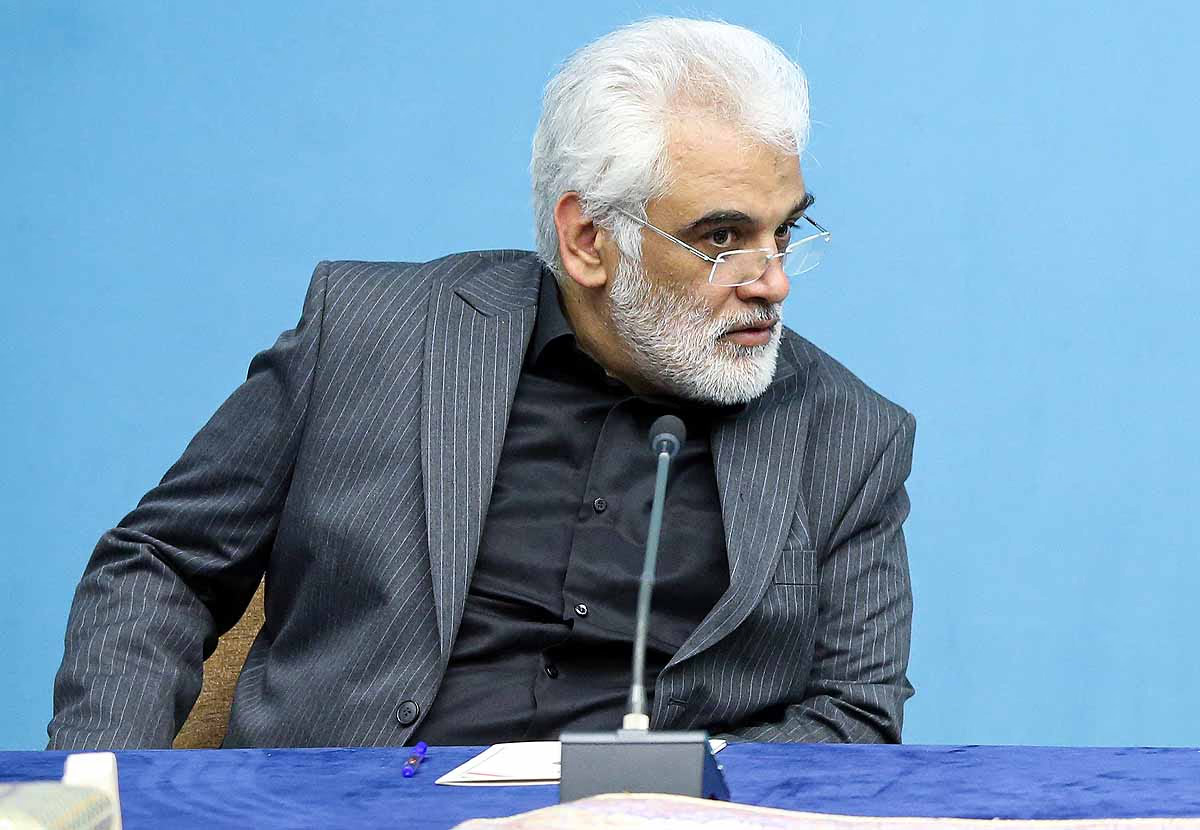
Source: aajtak
Role: As the president of the Islamic Azad University, Tehranchi held a Ph.D. in physics and played a crucial role in bridging nuclear research with education.
Importance: He trained young scientists, strengthening the technological backbone of Iran's nuclear agenda.
Specialty: His interests focused on the thermal design of nuclear reactors.
6. Fereydoun Abbasi
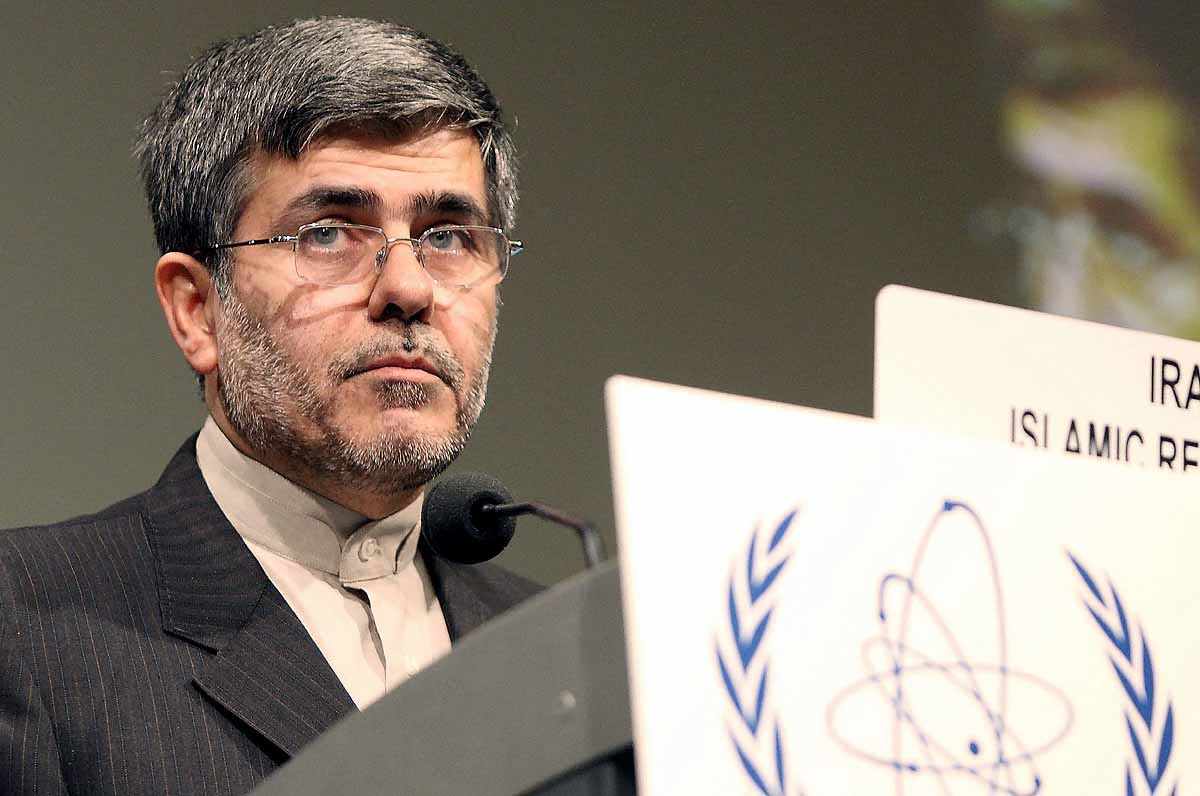
Source: aajtak
Role: A former head of Iran's Atomic Energy Organization and a professor at Shahid Beheshti University, Abbasi was instrumental in Iran's nuclear narrative.
Importance: Regarded as one of the "architects" of Iran's nuclear program, he survived a bombing in 2010 but lost his life in this attack.
Specialty: He led efforts in uranium enrichment and nuclear weapons research, facing UN sanctions for weapon development activities.
Impact of Their Demise
The loss of these six experts has dealt a severe blow to Iran's nuclear ambitions. Experts suggest...
Delays in uranium enrichment and reactor design are anticipated.
A depletion of experts in nuclear weapons development could weaken Iran's "threshold" position.
Training new scientists will be time-consuming, potentially setting back Iran's progress by 1-2 years.
Read More:
Iran's Response
Iran has labeled the attack as "nuclear terrorism," holding Israel and the USA accountable. They have filed a complaint with the United Nations and vowed retaliation. However, shortcomings in air defenses led to the failure to thwart this strike.
The deaths of these six scientists have shaken Iran's nuclear dreams. Their expertise and leadership pushed Iran closer to becoming a nuclear power. Iran's forthcoming reactions and Israel's next moves will be pivotal in shaping the region's future.
